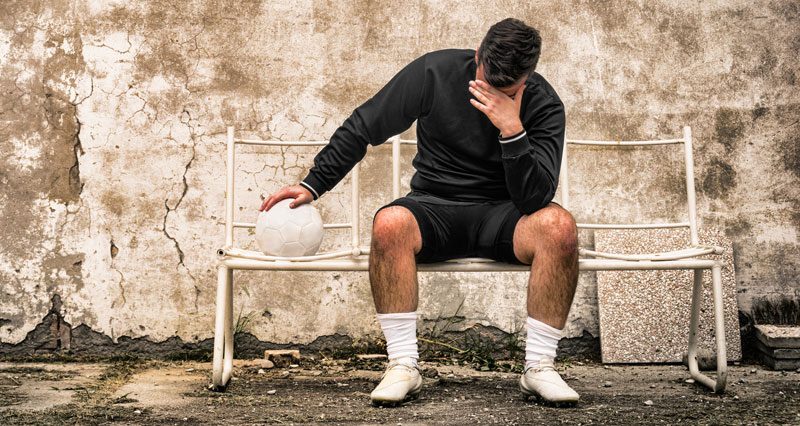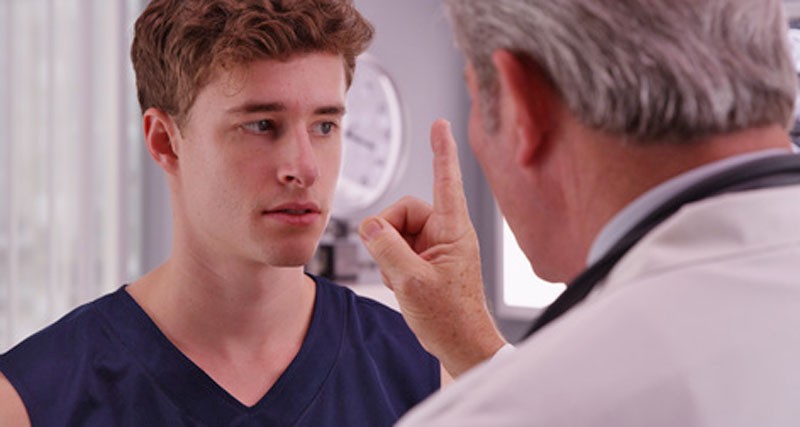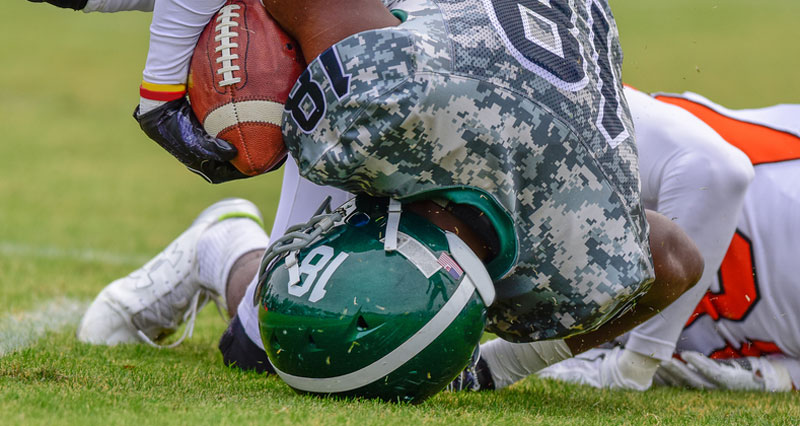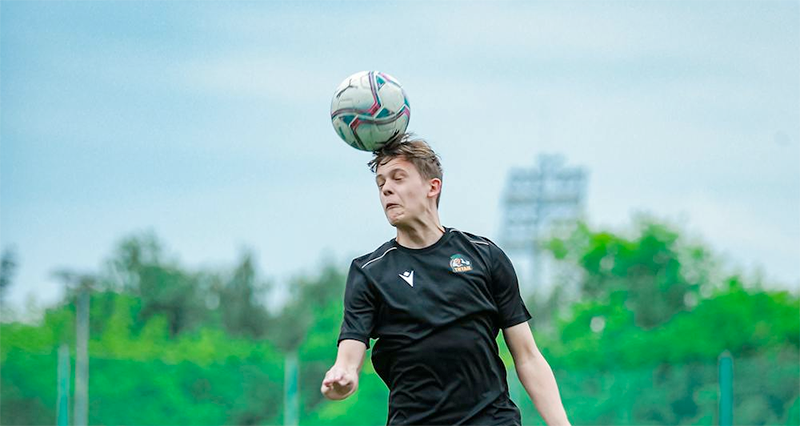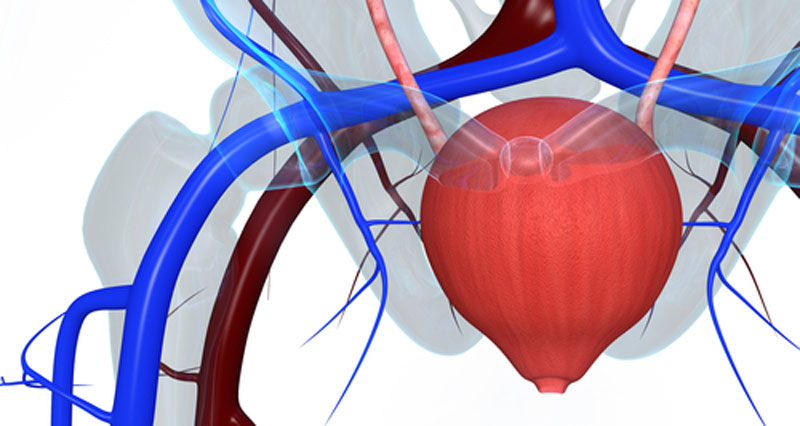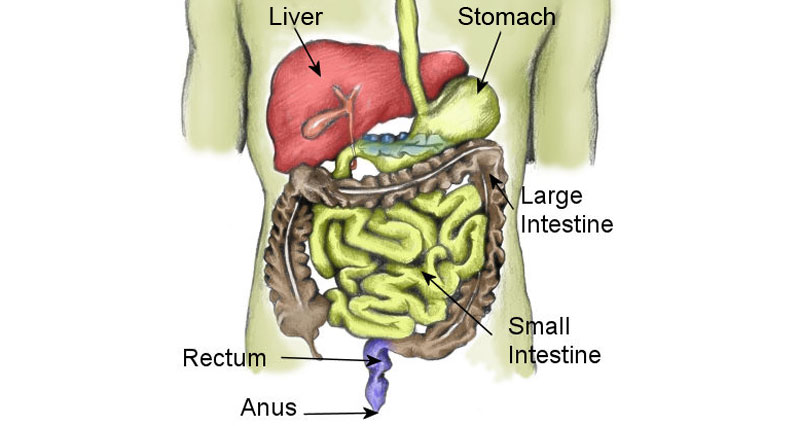Post-concussion syndrome is a complication of concussion which may develop some time after the initial injury. There is a range of symptoms including headaches, lack of concentration or even depression, which the athlete may not initially associate with a previous concussion.
On this page:
Go direct to:
Symptoms
Post-concussion syndrome symptoms can occur some time after the initial head injury or concussion and include:
- Headaches
- Dizziness
- Blurred vision
- Ringing in the ears (tinnitus)
- Nausea
- Loss of taste or smell
- Difficulty sleeping.
Cognitive and psychological symptoms include:
- Forgetfulness
- Lack of concentration
- Slowed reaction times
- Difficulty taking on new information
- Anxiety, depression and mood swings.
What is Post concussion syndrome?
Not everyone will have all of these symptoms, although many Doctors will only diagnose the condition if there are cognitive symptoms, as well as 2-3 physical or psychological symptoms. In most cases, symptoms will last for up to a few weeks, although in some cases, symptoms have persisted for much longer.
If you think you may have Post concussion syndrome then you should visit your Doctor as soon as possible. Diagnosis is often made simply by listening to your symptoms. They may also perform tests to check the functioning of your nervous system, which might involve testing your muscle strength, reflexes, and coordination. Cognitive assessments such as memory tests may also be conducted.
If your Doctor is at all concerned they should send you for a brain MRI scan to check for complications from the head injury, such as internal bleeding.
Treatment of post-concussion syndrome
- At the moment there is no known treatment to speed up recovery from post-concussion syndrome.
- Current advice is to rest and symptoms will fade on their own.
- It is recommended that the individual tries to rest, avoids sports or intense exercise (gentle exercise may be beneficial) and doesn’t consume alcohol.
- Your Doctor may prescribe certain medications to help ease your symptoms, such as painkillers (for headaches), anti-depressants or anti-nausea medication.
- If symptoms persist longer than 3 months, your Doctor may refer you to a specialist who deals with head injuries.
Read more on concussion symptoms and treatment.
